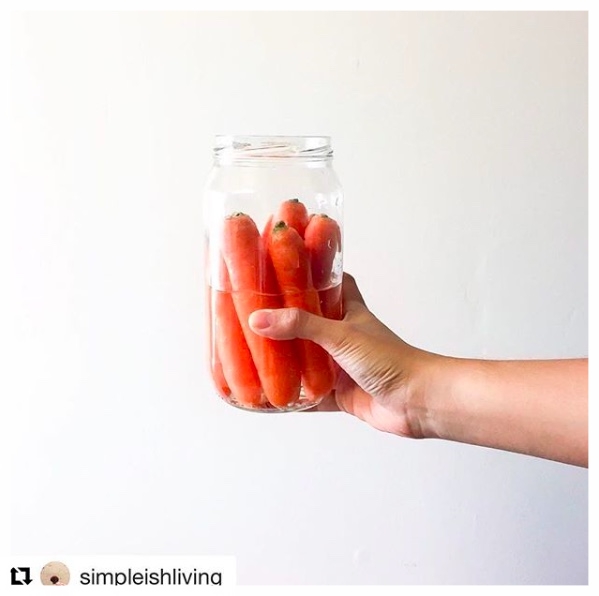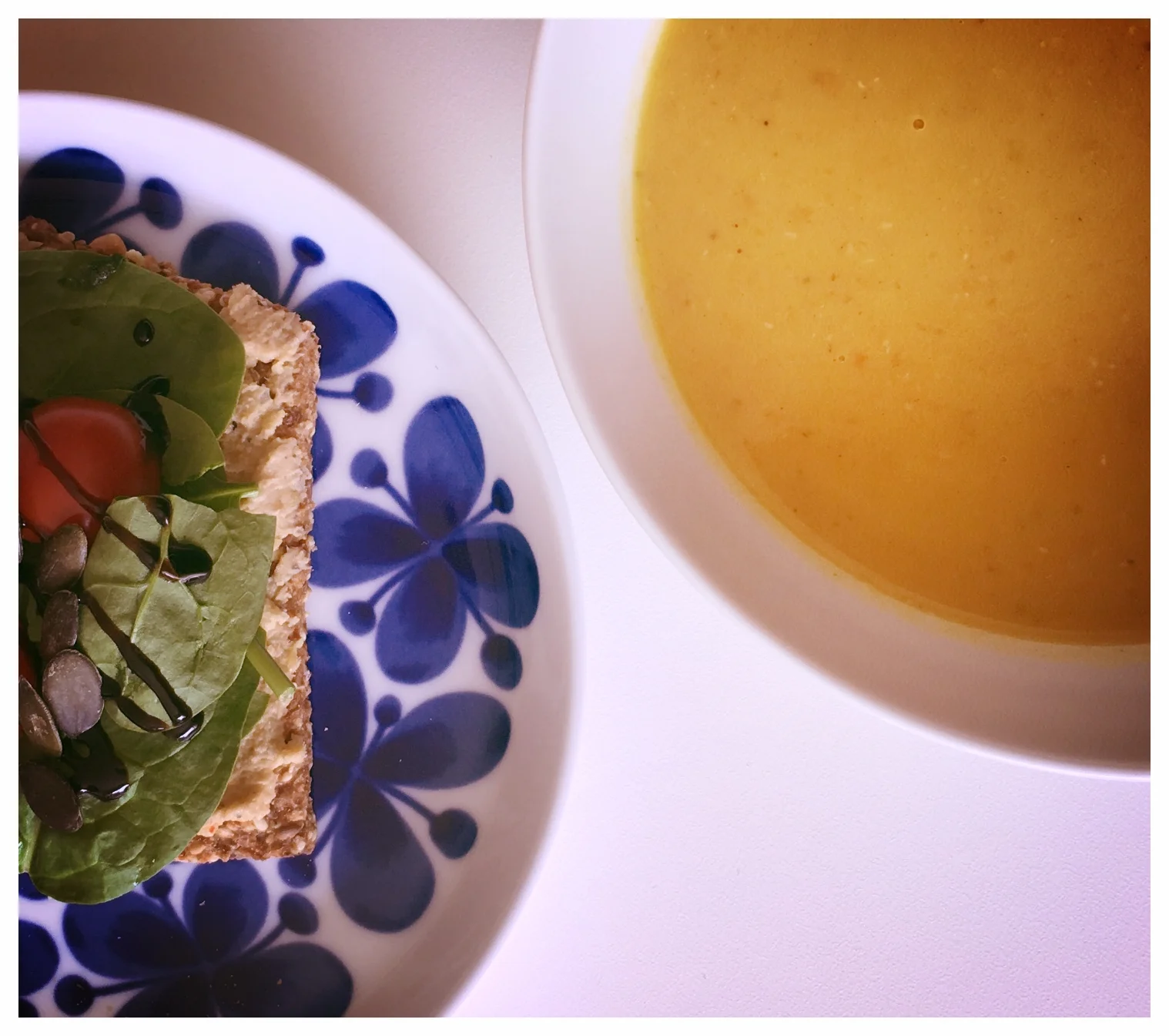Start a food sharing revolution
According to some estimates, up to 50% of all food produced globally is never eaten! That’s not only morally wrong, when 800 million people on the planet are starving or malnourished, but is also economically ridiculous. Wasting food wastes all of the resources that went into making that food—land, soil, water, fertiliser, labour. It’s also a huge waste of money for us personally
It’s easy to think that food waste is someone else’s problem and blame, for example, supermarkets who overstock or who refuse to sell ugly fruits and vegetables. But around 50% of food waste is generated by us. At home!
In Sweden about 270 000 tonnes of food are unnecessarily thrown away every year. And most of that is generated by households. While it’s shocking to realise that we are a big part of the food waste problem, it is also reassuring to realise that we can do something to fix the problem.
We are not only doing something good for the environment when we reduce our food waste. We’re also saving money that we can spend doing more interesting things than grocery shopping. £700 a year for the average British household and $2,275 for the Americans!!!
So what can you do?
4 simple steps to reduce your food waste today:
Plan your meals and buy only what you need. Look at your calendar and see how many meals you will actually eat at home this week/month or how many lunch boxes you need to bring to work. Make a shopping list and only buy what’s on it. Special offers are great but they’re not a good deal if you end up with stuff you won’t use. I often spend Sunday evenings cooking soups and stews for the week and freezing the leftovers so nothing is wasted.
Shop for fresh produce more frequently and store it properly so it doesn’t go bad. Many people don’t know that things like milk, ham and hard cheese can be frozen to be eaten later if you can’t eat them right now.
Learn how to use food that would otherwise be wasted. You can make stock by boiling up vegetable scraps, meat bones or seafood shells. And fruit that is starting to go bad can be baked into a cake or boiled and pureed into sauce.
Share food that would otherwise be wasted. Give away food. And accept it from others. 81% of people surveyed by Unilever and Hubbub said they would be happy to receive food from a neighbour but only 13% said they had given food away.
I recently discovered an app called OLIO that I think is going to help with food sharing. It helps to fight food waste by allowing neighbours to easily share food with each other. My Dad actually recommended it to me. Go Dad!
It’s perfect if you struggle with food planning and occasionally end up with stuff that you can’t use (or freeze) before it goes out of date. Or if you order food for events or meetings and sometimes end up with leftovers. Or maybe you grow your own fruits and veggies and sometimes end up with a glut of something that you can’t even look at any more!!!
This is how OLIO works: If you have food that is going to go to waste, you share the details on the app and someone who can use it will collect it from you. It’s that simple!
No money changes hands. You just give away stuff that you can’t use to avoid it being wasted. And if you want something you get it for free. It’s a super simple idea and a really practical way to fight food waste. I really love the idea.
The only problem with OLIO for me is that it needs people to use it. The more people that use it, the better it works. And, even though Sweden is OLIO’s second fastest growing market after its home country (the UK), just now the nearest users I see sharing food are 500 kilometres away. So I am crossing my fingers that this network grows and grows. And keeps helping people to avoid food waste.
In the mean time, I’m going to keep giving food away in person. Hopefully my neighbours are are part of the 81% that are going to be really happy about that!
This post is in no way sponsored by OLIO. I just think it’s a great idea!







